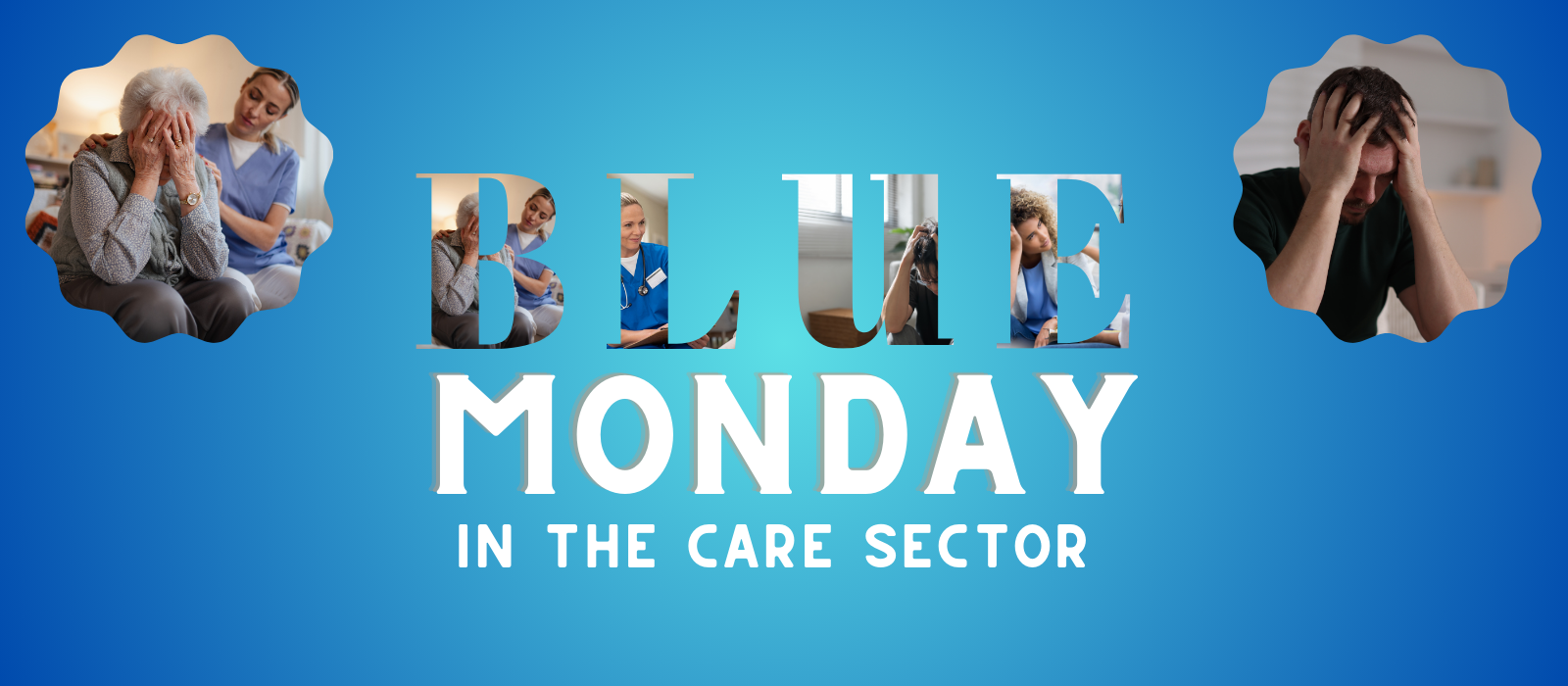Understanding Blood Pressure
- 19 Feb 2025
- News
Why Blood Pressure Matters?
According to the British Heart Foundation, around 3 in 10 people in the UK have high blood pressure (hypertension), and many remain unaware of it. Left untreated, it can lead to heart failure, heart attack, or stroke. Regular monitoring is essential for early diagnosis and management.
What is Blood Pressure?
Blood pressure measures how forcefully blood pushes against artery walls. Readings include:
Systolic pressure (top number) – pressure during heartbeats.
Diastolic pressure (bottom number) – pressure between beats.
A healthy reading falls between 90/60 - 120/80 mmHg.
High blood pressure is 140/90 mmHg or above
Readings above 180/120 mmHg require immediate medical attention.
Causes of High Blood Pressure
Many factors contribute to hypertension, including:
Age and family history
Smoking and excessive alcohol intake
High salt, low fruit/vegetable diet
Lack of exercise and obesity
Increased risk in deprived areas and among Black African or Caribbean communities
Lifestyle changes, like improving diet and exercise, can help manage blood pressure.
Blood Pressure and Pregnancy
Pregnant women can develop:
Gestational hypertension – temporary high blood pressure.
Pre-eclampsia – a severe condition requiring urgent medical care.
Symptoms of pre-eclampsia include vision changes, severe headaches, swelling, breathing issues, and nausea. If you’re pregnant with high blood pressure, consult a specialist for safe treatment options.
Checking Your Blood Pressure
You can check your blood pressure at your GP surgery, pharmacy, or at home using an accredited monitor.
For accuracy:
Avoid caffeine, smoking, or exercise 30 minutes before.
Sit quietly for five minutes.
Take multiple readings at the same time daily.
Managing High Blood Pressure
Lowering blood pressure can be achieved through:
Healthy eating – more fruit, vegetables, whole grains, and low salt.
Reducing alcohol and caffeine.
Maintaining a healthy weight and exercising regularly (150 minutes/week).
Managing stress and getting enough sleep.
Quitting smoking.
When Medication is Needed
If lifestyle changes aren’t enough, a doctor may prescribe blood pressure medication tailored to your condition. If you have concerns, speak to a healthcare professional or contact the British Heart Foundation’s Heart Helpline for expert advice.
Stay informed and proactive about your blood pressure – small changes can make a big difference!
Learn more on the British Heart Foundation Website: The biggest independent funder of heart and circulatory research in the UK - British Heart Foundation
Use this NHS tool to understand your blood pressure readings: Check your blood pressure reading - Check your blood pressure reading
Did you know you can track blood pressure in our care management software? Read more about other features here: Care Planning Software for Care Homes — Improve Care Delivery & Compliance





